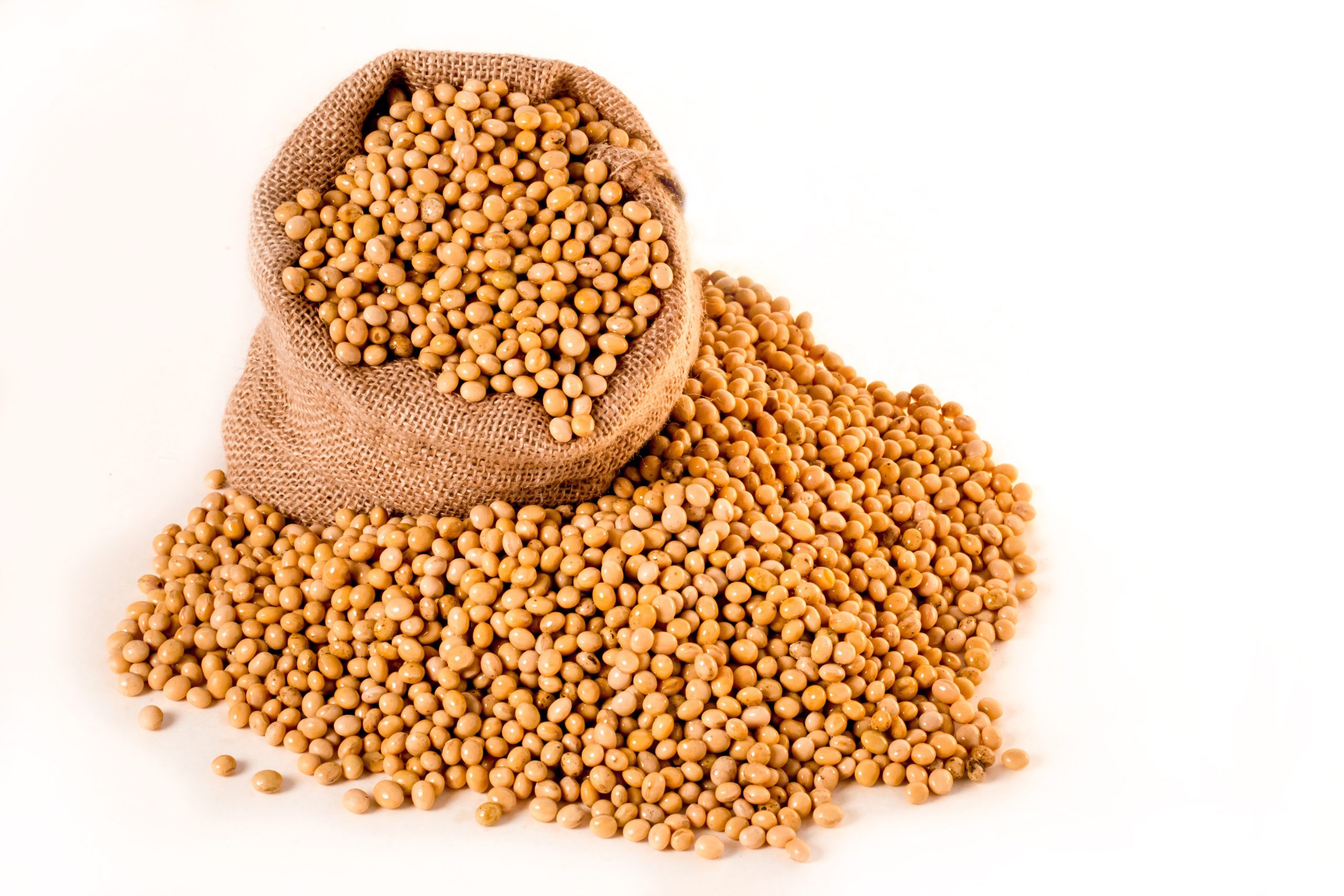EPA issues existing stocks order for dicamba products

On Feb. 14, in the immediate wake of an order from the Arizona District Court halting over-the-top spraying of certain dicamba-based products, the Environmental Protection Agency issued an existing stocks order allowing farmers to use up existing stock of the products.
The covered brand names include XtendiMax with VaporGrip Technology, Engenia Herbicide A21472 Plus VaporGrip Technology, and Tavium Plus VaporGrip Technology. The order ensures that growers will be able to use these products for the 2024 growing season. The pile of soybeans photo is by alexander Ponomarev at Pixabay.
Earlier ruling
The court’s Feb. 6 ruling vacated those products’ registrations, meaning those products are no longer registered and it is unlawful under the Federal Insecticide, Fungicide, and Rodenticide Act to sell or distribute them except to the extent otherwise authorized by EPA.
“Existing stocks” means those stocks of previously registered pesticide products that are currently in the United States and were packaged, labeled and released for sale prior to the court order. Existing stocks orders can authorize sale or distribution that would otherwise be unlawful and prohibit use that would otherwise be lawful. They can also contain limitations or conditions on the sale, distribution or use that EPA determines is appropriate to ensure that the sale, distribution and use is not inconsistent with the purposes of FIFRA.
“In light of the court’s order, EPA is issuing this existing stocks order to authorize limited sale and distribution of existing stocks that are already in the possession of persons other than the registrant. Further, under this order, end users of existing stocks must use the formerly-registered products consistent with the previously approved labeling for the products, and must cease use of these products by the relevant date identified in Table 1,” the EPA said in a release.
“The issuance of this existing stocks order will help to ensure that growers who have already purchased dicamba-tolerant seeds and thus are reliant on the availability of dicamba for the 2024 growing season: (1) apply dicamba formulations designed for use over the top of dicamba-tolerant soybean and cotton, rather than misusing more volatile dicamba formulations which could lead to greater offsite movement (and thus potential damage to non-dicamba tolerant crops and other plants); and (2) apply these dicamba products consistent with restrictions intended to reduce offsite movement and protect human health and the environment.”
“Since the court’s vacatur [court order],” EPA explained, “EPA has received significant feedback from stakeholders about the importance of maintaining access to these products, and especially so given the lack of available alternative seed and herbicide systems because of the short period of time between the vacatur and the onset of the growing season.”
Without the existing use order, EPA cited letters from the American Farm Bureau Federation and American Soybean Association suggesting that growers could turn to other dicamba products with fewer volatility controls not designed for post-emergent use.
Suppliers, farm groups react
Suppliers, dealers and farm organizations greeted the order with relief. Bayer said, “We welcome the EPA’s swift action so customers who have already invested in XtendiMax can continue to use and benefit from the technology this season. Our top priority is that growers have the products and support they need to have a successful season.”
Syngenta said in a statement, “We appreciate the EPA’s clear and timely guidance that allows for Tavium to be available to growers for use this season. The EPA’s order provides clear guidance to growers, retailers, and distributors on the end dates for sale, distribution and use of Tavium. EPA properly weighed the concerns of growers and other stakeholders and correctly concluded that the limited sale, distribution and use of Tavium is consistent with the purposes of FIFRA.”
“This order provides some level of certainty for cotton and soybean farmers,” said Brant Wilbourn, Texas Farm Bureau associate director of Commodity and Regulatory Activities. “This was extremely important for Texas farmers who have already made planting decisions with dicamba-tolerant crop systems in place for the season and are not able to pivot to another herbicide-tolerant seed and herbicide system.”
David Murray can be reached at [email protected].


